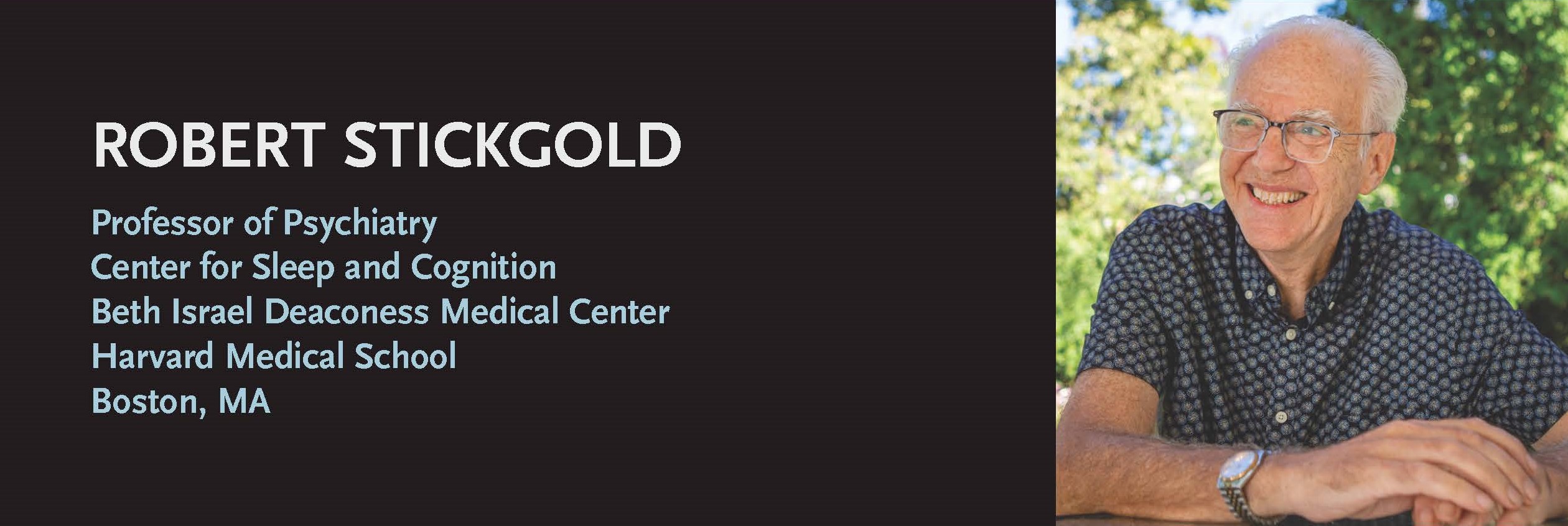
Sleep, Memories and Dreams: A Unified View
May 9, 2023 I 4 pm I ZOOM Meeting-ID: 775 491 0236The benefits that sleep confers on memory are surprisingly widespread. For simple procedural skills – how to ride a bicycle or distinguish different coins in one’s pocket – a night of sleep or an afternoon nap following learning leads to an absolute and dramatic improvement in performance. Sleep also stabilizes verbal memories, reducing their susceptibility to interference and decay, processes that all too easily lead to forgetting.
But the action of sleep can be more sophisticated than simply strengthening and stabilizing memories. It can lead to the selective retention of emotional memories, or even of emotional components of a scene, while allowing other memories and parts of a scene to be forgotten. It can extract the gist from a list of words, or the rules governing a complex probabilistic game. It can lead to insights ranging from finding the single word that logically connects three apparently unrelated words, to discovering an unexpected rule that allows for the more efficient solving of mathematical problems. It can facilitate the integration of new information into existing networks of related information and help infants learn artificial grammars. Disruptions of normal sleep in neurologic and psychiatric disorders can lead to a failure of these processes.
Dreams appear to be part of this ongoing memory processing, and can predict subsequent memory improvement. The NEXTUP (Network Exploration to Understand Possibilities) model of dreaming proposes that dreaming aids complex problem solving by supporting divergent creativity, acting more by exploring a problem’s “solution space” than by searching for the solution, itself.
About the Speaker: Robert Stickgold is a professor of psychiatry at the Harvard Medical School and Beth Israel Deaconess Medical Center, Boston MA USA.
Certificate of attendance: Please contact team assistant serenella.brinati.1@hu-berlin.de
This talk is hosted by SFB1315 A04, and will be introduced and moderated by Matthew Larkum.

